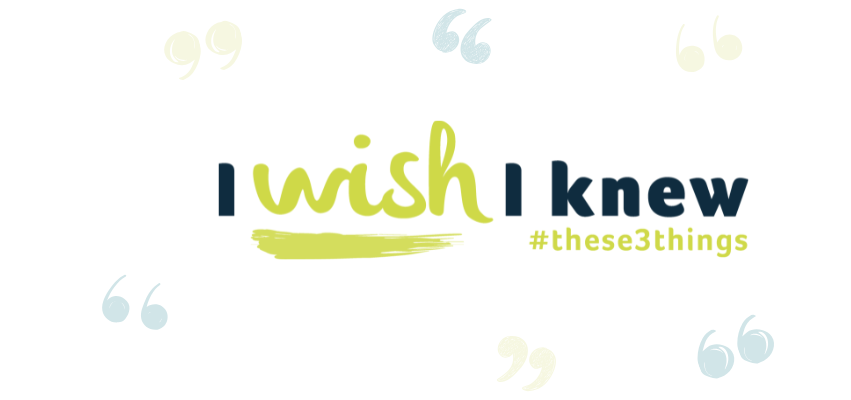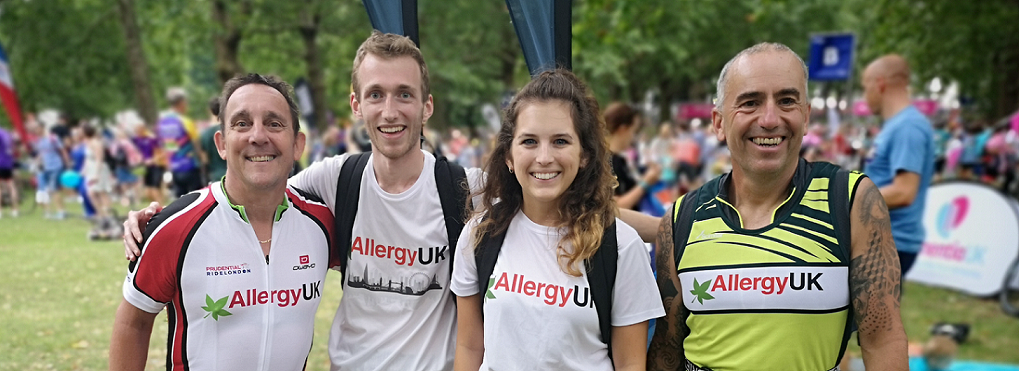#These3Things
Find out three things we wish for everyone to know about allergy. #these3things can make it so much easier to take action at the earliest signs of an allergy and change the course of an allergy journey altogether and minimise complications.

 Helpline
Helpline



